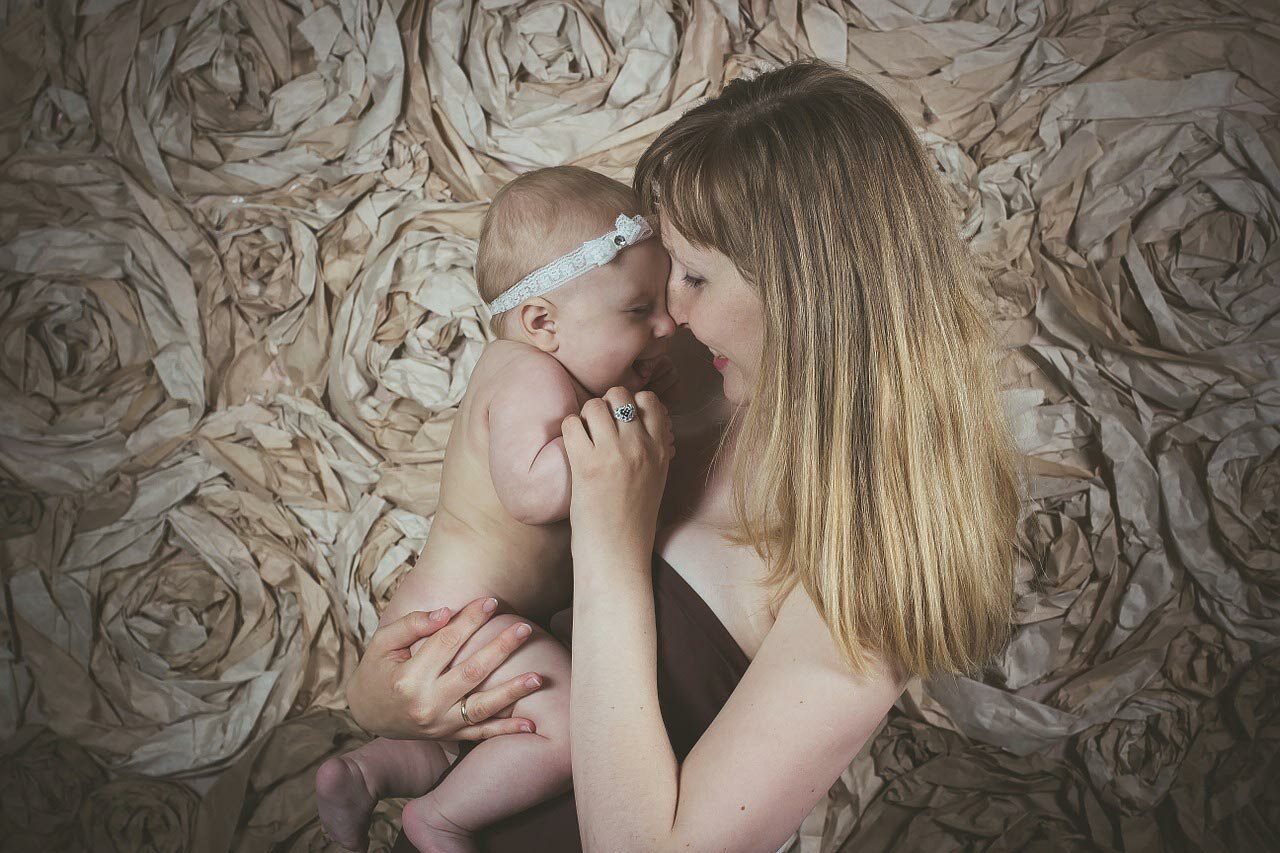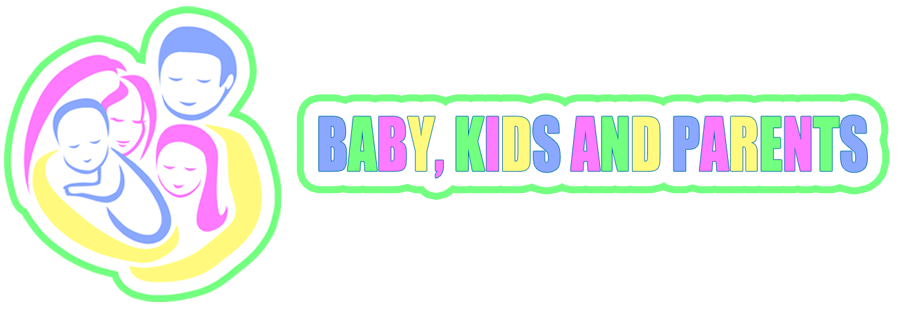
Despite the advice of the World Health Organization on how long you should breastfeed a child, many mothers do and more. What do pediatricians think about this? Some mothers neglect the recommendations of the World Health Organization, which advice that babies should breastfed until the age of two years, so this way of feeding continues after that period. Some Pediatricians point to the dangers of such a decision, that the most frequent consequences of prolonged breastfeeding.
"If mom and after child's second year, is still nursing him, thus significantly hampering the separation of the child, i.e. the separation of baby, which in that period has a very strong relationship with his mother. Limiting the socialization of the child, mom with breastfeeding causes great damage, and creates minimal gains," explain pediatricians.
These minimal gains relate to nutrients of human milk, which are doubtless true perfect food in the diet of a baby. However, this ingredients after 24 months the baby is no longer necessary because its menu should be rich with different food.
These small amounts of milk that baby gets with breastfeeding lead to the fact that the child is reluctant to accept other foods.
As outlined by the World Health Organization, breast milk for a baby of six to 23 months provides the necessary nutrients, from six to 12 months provides half of its energy, and from 12 to 24 months gives a third of the energy. Milk creates protection from various diseases, and research shows that babies who are breastfed, have better results in intelligence tests.
When to stop with breast-feeding?
Mothers who breastfeed children are often in a dilemma whether breastfeeding should continue after the first birthday. Read about what pediatricians say...
When is the best for the baby and mother to discontinue breast-feeding?
Three decades ago there was a "rule" according to which "the mother should breastfeed for at least four months, six is enough, and more than eight months for breastfeeding there is no need." However, this study proves to be wrong because of the huge number of serious scientific and clinical research that have shown that the benefits of breastfeeding are invaluable, and that the effects are better when the mother breastfeeds longer. That is easy to understand: longer breastfeeding - a greater benefit for a child! And not only the benefits that can be seen immediately, and also future benefits - the prevention of obesity, infections, diabetes...
This is why today, mothers are encouraged to continue breastfeeding during the second year of life - of course, while respecting the principles of healthy eating and the fact that milk is not the main food at this age.
However, it is not good to overdo it! After the second birthday, most of children are ready for cow's milk and products from it (provided that there is no allergy or intolerance), while "psychological" attachment to the mother becomes a key reason for sucking. A child is calming that way and "enjoy", although it can become a burden for the mother, but also a source of frustration for the child if it does not breastfeed when he wants.

